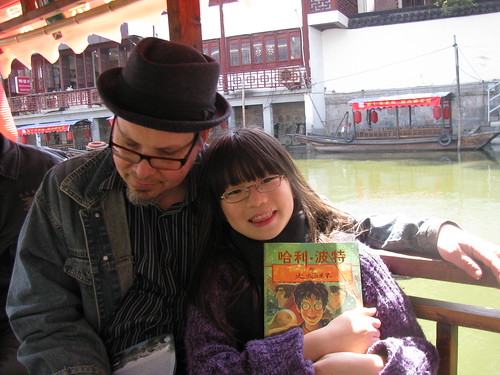🦋 Fiction and colonialism
I spent a fair amount of mental energy during my reading of The Secret History of Costaguana, trying to figure out what assertions were being made -- what the narrator Juan Altamirano thought, what Juan Gabriel Vasquez thought -- about Altamirano's claim on Conrad's fiction. Altamirano's complaints that Conrad "robbed me," "erased me from my own life," seem quite heartfelt and sincere -- and it seems like one could make a pretty straightforward transition to read them allegorically, as complaints about European and North American colonial powers robbing Colombia of its self-determination, erasing Colombians from their own history. (Or something approximately like that -- I'm still not sure just where I would go with this.) Is this reading intended? The trouble is, it's difficult for me to buy the complaint on the literal level -- to accept that Altamirano actually feels Conrad has robbed him -- so difficult for me to buy into any allegorical reading of it. Conrad's answer to Altamirano -- that he has written a fiction, that the notes he took from Altamirano's confession were a tool he used along the way to composing a world that has nothing to do with Altamirano's life -- strikes me as pretty obviously true, and basically what I had been thinking during the reading leading up to it. And Altamirano seems like a pretty sophisticated guy (and a guy whom I am identifying with), how would he not see this? Even after the second meeting with Conrad he is attached to his claim against Conrad. Not really sure if this is a flaw in the structure of the book. It certainly provoked thought and confusion for me, which I count as a positive... If the book were intended as a polemic against colonialism it would be a pretty poor one; and since I thought of it as a very good book, that makes me think that can't be what's going on here.
posted evening of Monday, September 19th, 2011
➳ More posts about The Secret History of Costaguana
➳ More posts about Juan Gabriel Vásquez
➳ More posts about Readings
| 




